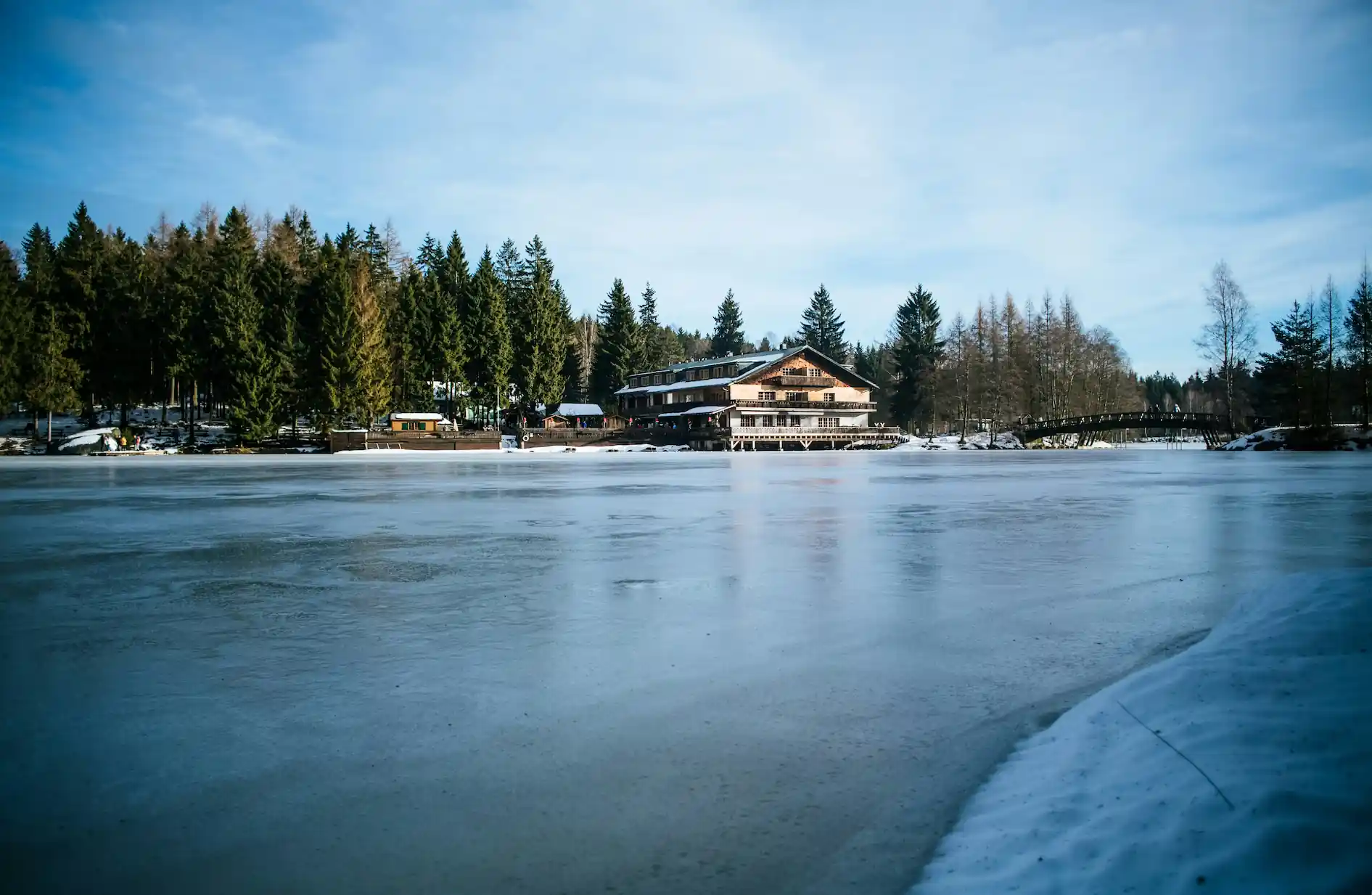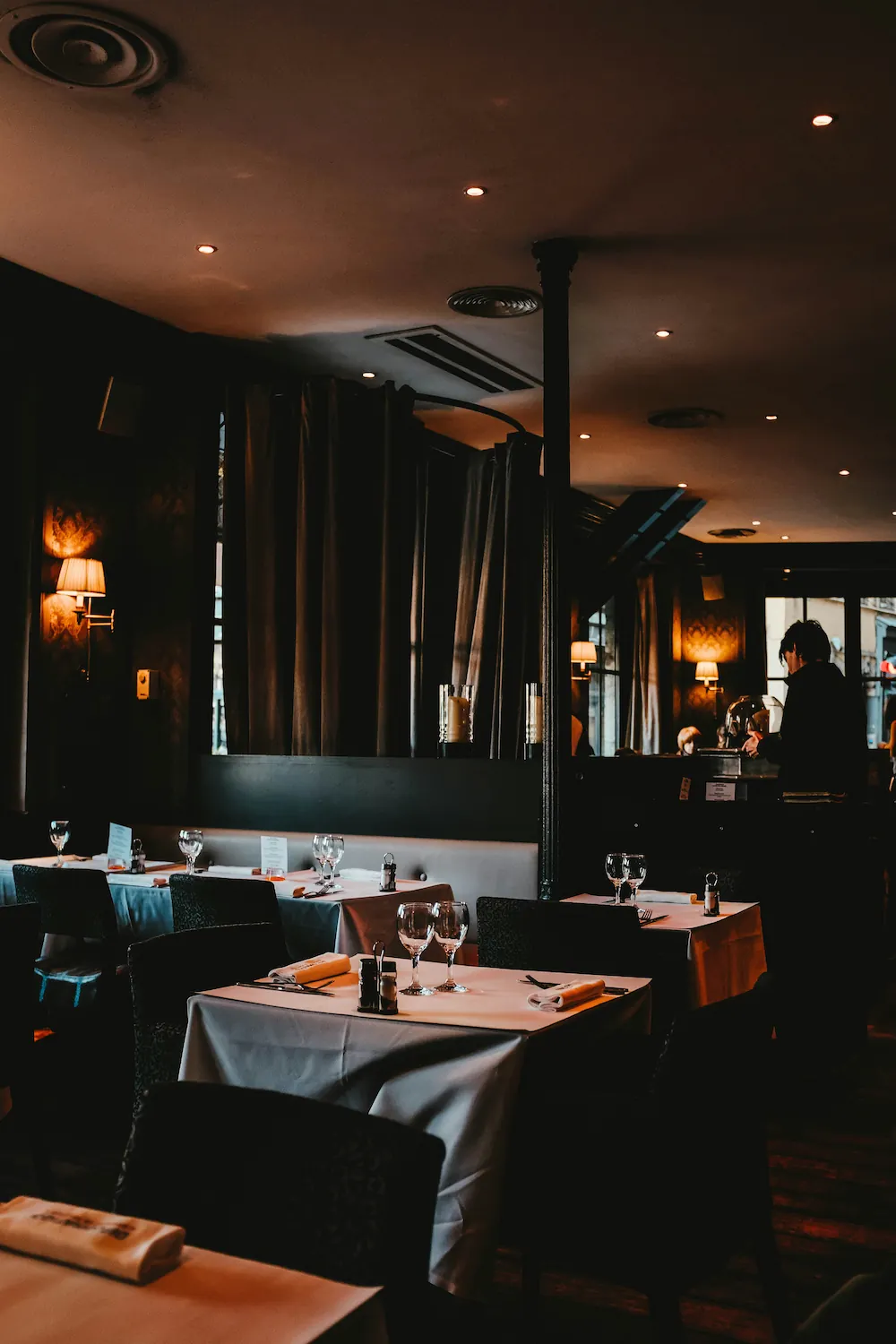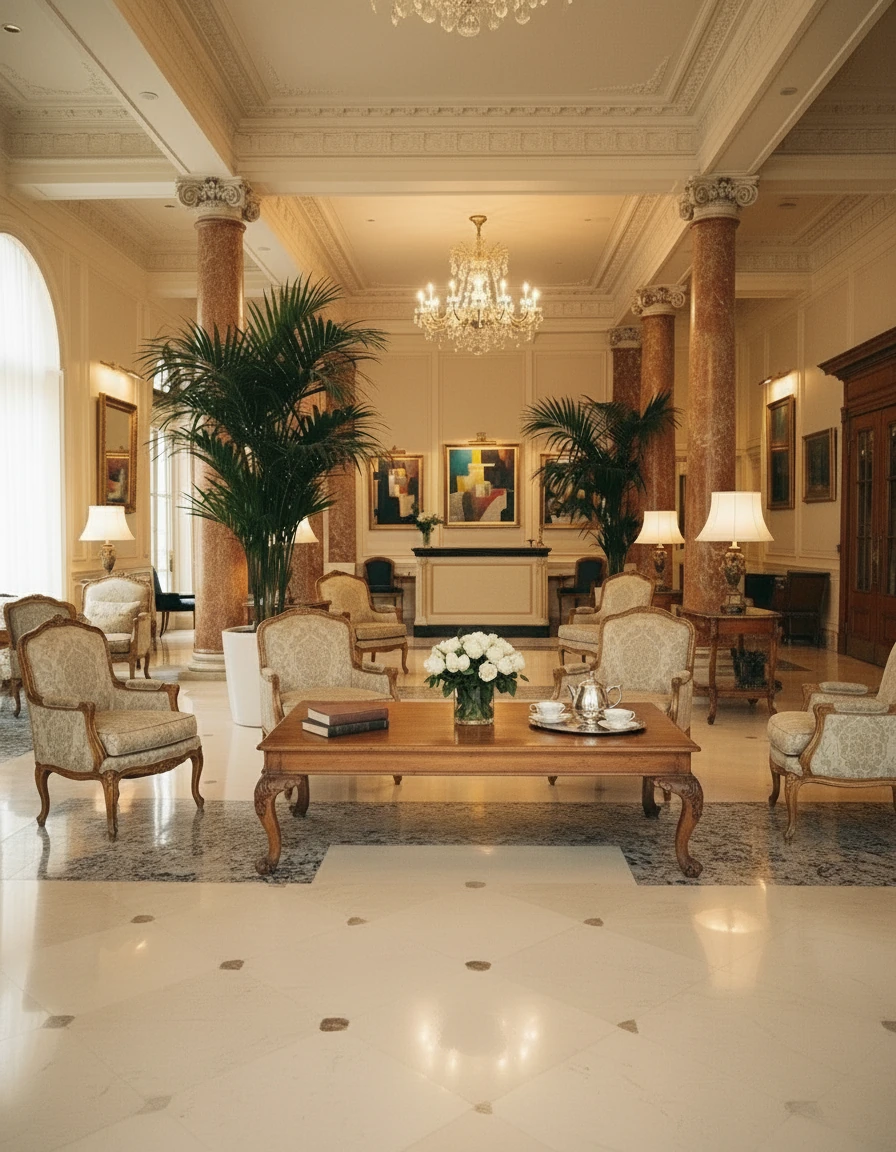What is dynamic pricing?
In the hotel and camping industry, people often talk about finding "the right guest, in the right place, at the right time, via the right channel" for its offer. Dynamic pricing is a tool that makes this possible by ensuring that prices are not static, but are continuously adapted to prevailing demand and other factors. A bed in a hotel room or a cabin on a campsite does not have the same value every day of the week - the value changes depending on the season, day of the week, occupancy and events in the neighbourhood. Dynamic pricing means adjusting the price of these rooms or units in real time or at frequent intervals, to optimise sales.
Traditionally, many establishments have used static prices - for example, a basic price on weekdays, a higher weekend price and special prices during peak seasons. However, these do not take into account sudden changes in the market. Dynamic prices, on the other hand, allow the price to change daily or even several times a day based on current conditions. If demand increases significantly, the price is adjusted upwards to maximise revenue, and if demand drops, the price can be lowered to attract more guests. In practice, this means that the system can automatically raise the price when bookings increase for a big weekend, or lower the price if there are still many rooms available close to arrival. The result is a more flexible pricing strategy that better reflects market realities.
Benefits of dynamic pricing for hotels and campsites
Using dynamic pricing has several clear benefits for both hotels and campsites. In particular, it helps businesses maximise occupancy and revenue, while remaining competitive in a changing market. Here are some of the key impacts and why modern establishments are embracing this strategy:
- Maximising revenue: Increase the price when demand is high to realise the full earning potential. Charging more during peak periods (e.g. festivals, large events or peak seasons) ensures you don't miss out on potential revenue.
- Increase occupancy during low demand: Strategically lower prices during periods of lower demand to attract bookings. Instead of having empty rooms or unrented cabins, a slightly lower price can fill up capacity and contribute to revenue that would otherwise be lost.
- Remain competitive: Adjust prices in real time based on market trends and competitors' price changes. If similar hotels or campsites in the area raise or lower their prices, you can quickly do the same and avoid losing market share.
In addition, automated, dynamic pricing saves staff time and reduces the risk of human error. No one has to manually update prices every day or guess at the right level - the system takes care of that and ensures that price changes are consistent and accurate. It also provides a better basis for forecasting, as by analysing historical data and current booking rates, you can adjust your pricing strategy for the future and make more data-driven decisions. Overall, a well-implemented dynamic pricing strategy can significantly increase revenue per available room/unit (RevPAR) and profitability, making it one of the most effective ways to optimise revenue.
Seasonality and demand
The tourism industry is strongly influenced by seasonal variations. Both hotels and campsites experience fluctuating demand throughout the year. For example, summer is the peak season for campsites, while many city hotels experience high occupancy during large conferences or events and perhaps quieter weekends outside holiday periods. Dynamic pricing takes these variations into account. A campsite might gradually increase prices in the spring as bookings come in, reaching the highest price during the peak weeks of summer (around July) when demand is at its highest, and then reduce prices again in late summer/autumn when the flow of guests slows down.
For hotels, seasonal effects may differ depending on their location and target audience. Metropolitan hotels may have a low season in the summer when business travellers are less frequent, but a high season during major trade fairs, concerts or weekends with a lot of tourists. Mountain hotels may have their peak season during the winter ski season. Whatever the pattern, a flexible pricing strategy provides the opportunity to capitalise on the peaks and stimulate demand during the troughs.
Booking pickup - tracking the pace of bookings
A concept often mentioned in connection with dynamic pricing is "pickup", or bokningstakt in Swedish. Pick-up refers to how many bookings (or room nights) are added during a certain time period for future dates. Analysing pickup gives you an insight into how quickly your rooms or units are booked up at different times. It can be likened to a velocity measure of demand: by regularly checking the pickup, you can see how quickly bookings are moving forward.
For a hotel or campsite owner, pickup reports are an invaluable tool. For example, if you see that in the last week you received 50 new bookings for a specific weekend in two months' time, compared to perhaps only 10 bookings in the corresponding week of the previous year, it indicates a sharp increase in demand for that weekend. Then you should consider raising prices for those dates. Conversely, if the pick-up is weak - say there were only a few bookings when you normally see many - it could be a signal that demand is lower than expected, and that a downward price adjustment or a special promotion may be needed to boost interest.
Integrating pickup analysis into your daily revenue management routine allows you to act proactively. Dynamic pricing is all about this: not waiting until it's too late, but continuously adjusting the rate. By following booking rates, hotels and campsites can further optimise their sales - you see the trends before they are fully reflected in occupancy. In conclusion, pickup analysis helps you to always be one step ahead: to offer the right price at the right time based on the actual booking activity.
Dynamic pricing in the Lyra platform
Lyra has developed a modern booking platform (PMS) which has dynamic pricing as an inherent part of the pricing rules. The platform is built to provide maximum flexibility and automation when it comes to price management. As a user, you can set up different pricing strategies for different room types or accommodation categories, and easily adjust prices based on booking volume, season and demand. The platform provides a quick overview of the price picture and allows you to control everything from overall seasonal prices to daily adjustments.
Automatic price rules by category
An appreciated feature of the Lyra system is the possibility to set price rules per category of accommodation. You can define how prices should vary for, for example, cottages, camping pitches, single rooms, double rooms, etc. Each category can have its own "price calendar" where you set rules for specific days of the week, date ranges or seasons. For example, you might want double rooms to have higher prices on Friday-Saturday and during the summer months, while single rooms have a slightly lower baseline and might not vary as much on weekends. All this can be set in the system in advance.
Pricing between categories
Lyra also enables so-called prisualisation, i.e. to link price relations between different categories. Instead of manually updating the price of each room type when you make a change, you can set one category as the base and let other categories automatically follow it with an adjusted difference. For example, you could use a double room as the base category and then create rules so that a single room is always £300 cheaper than a double, and a superior room is always perhaps £500 more expensive than the base. This way, whenever you change the base price of the double rooms, the price of the single and superior rooms is automatically updated. This ensures that the price differences between different room types are always kept at the desired level, without you having to adjust each category separately.
Pricing by guest type
In addition to linking prices between categories, Lyra's platform offers an advanced feature to manage prices based on guest mix and age groups. In the system, there are four different ways to set how the price will be affected by the number of guests and their age (adults, teenagers, children, babies):
- Price per unit booked: The price is set per unit (room, cottage, camping pitch) regardless of the number of people staying there, up to the maximum capacity of the unit.
- Fixed price per additional guest type: The unit price is based on one person. For each additional guest, a fixed supplement is added to the accommodation price depending on the type of guest, for example +200 SEK per adult and +100 SEK per child.
- Derived guest types: The unit price is for one person, and then a charge is added for extra people where the price depends on the order in which the extra guest arrives.
- Price increase per guest combination: The unit price is based on one person, but a fixed supplement is added based on the specific guest combination, e.g. 2 adults + 2 children.
Simplify the running of your business! With our flexible platform, you can manage bookings, payments and guest communication in one place. Automate processes, save time and increase revenue.
Conclusion: Maximise occupancy and revenue with the right strategy
Dynamic pricing has revolutionised the way hotels and campsites approach their revenue strategy. By moving away from static pricing and allowing prices to follow the pulse of the market, significant improvements in both occupancy and profitability can be achieved. Industry experience shows that operators who effectively use dynamic pricing gain a clear competitive advantage. At a time when guests are booking around the clock and comparing options online, a proactive pricing strategy is almost a necessity.
Implementing dynamic pricing does not have to be difficult. With modern, integrated systems like Lyra's platform even smaller establishments can benefit from advanced pricing algorithms without the need for an entire Revenue Management team. The system does much of the work automatically within the parameters you set, keeping you in control but removing the manual labour. You can be confident that the right price is being offered to the right guest at any given moment, in any channel.
Finally, dynamic pricing is about optimising for both the guest and the business - offering an attractive price for the guest and a profitable price for your business. Smart pricing allows you to sell the right product to the right customer segment at the right time, maximising the chance of both filling empty rooms and increasing revenue per booking. "The right guest, in the right place, at the right time, through the right channel" is not just a mantra, but something that becomes practical with dynamic pricing. For hotels and campsites looking to stay ahead of the curve and capitalise on every opportunity in the market, it's a strategy well worth investing in - the effects in terms of higher occupancy, better revenue and more efficient operations speak for themselves.







